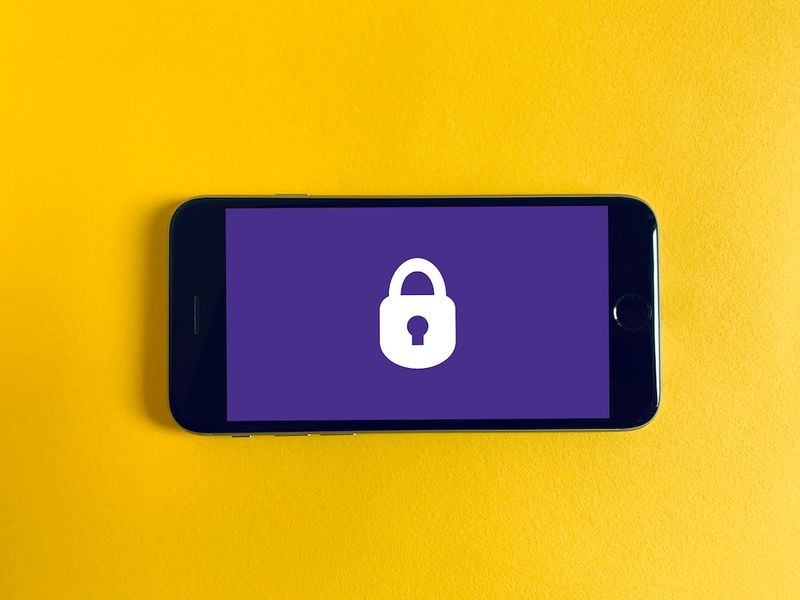The UAE Enhances Cybersecurity Capabilities through Partnerships
Strengthening Threat Intelligence Sharing
The United Arab Emirates (UAE) Cybersecurity Council has recently announced a series of partnerships aimed at improving its threat intelligence sharing capabilities. These partnerships include collaborations with other nations, as well as agreements with cybersecurity vendors. The goal is to enhance the UAE‘s cybersecurity measures and establish an advanced digital infrastructure that can withstand cyber threats for the next half century.
One significant partnership is with the US Treasury Department. The UAE and the US have signed a memorandum of understanding (MoU) to share information on threats and incidents affecting the financial services industry. Given that the UAE‘s banking sector has been commended with an AA- rating and a “stable outlook,” this collaboration is particularly relevant and crucial for ensuring the security of the financial sector.
The UAE has also established partnerships with Morocco and Chad. With Morocco, the two countries will work together to plan and oversee the implementation of capabilities to respond to cyberattacks, although specific details of the agreement are not available. The collaboration with Chad focuses on international cooperation in cyber matters, demonstrating the UAE‘s commitment to engaging with African nations in addressing cybersecurity challenges.
Africa: A Growing Hub for Cybersecurity Centers
It is worth noting the outreach to Africa, as cybersecurity centers have been rapidly established across the continent. Morocco opened its center last year, following directives written in the past decade. The UAE‘s engagement with African nations reflects the global nature of cyber threats and the need for collaborative efforts to combat them.
Improving Cybersecurity Posture
Over the past few years, the UAE has made significant progress in strengthening its overall cybersecurity posture. According to the Global Cybersecurity Index, the country jumped 33 places to rank fifth in the most recent index. This improvement is attributed to the establishment of the UAE Cybersecurity Council in 2020, which has enabled a comprehensive approach to cybersecurity.
Andi Ursry, a cyber-threat intelligence analyst at Optiv, emphasizes the value of collaboration, stating, “This allows the parties involved to see the issue of cyber defense from different points of view and will certainly aid in a better and more well-rounded security posture for all involved, not just the UAE.”
Partnerships with Cybersecurity Vendors
In addition to the collaborations with other nations, the UAE has also signed MoUs with cybersecurity vendors. For example, with Kaspersky, the UAE will share information on identifying, investigating, and responding to evolving cyber threats, as well as exchange expertise on the latest malware trends, indicators of compromise, and security risks faced by the economic sectors of the country.
Similarly, with Microsoft, the UAE will cooperate and conduct information exchanges in cybersecurity-related fields. Both parties will focus on national cooperation, deterrence, prevention, and responses to cyberattacks. Additionally, the collaboration aims to raise awareness through educational programs and explore business and economic exchanges for cybersecurity.
Addressing Dynamic and Evolving Cybersecurity Threats
Mohamed Hamad Al Kuwaiti, head of cybersecurity for the UAE government, highlights the vulnerabilities faced by the nation due to new and sophisticated types of security risks. He explains that the MoUs with strategic partners who possess essential expertise and tools will help eliminate information security incidents and strengthen the UAE‘s cybersecurity capabilities.
Vibin Shaju, the UAE general manager at Trellix, emphasizes the importance of collaboration in addressing the dynamic and evolving nature of cybersecurity threats. MOUs and public-private partnerships can encompass various areas such as information sharing, collaborative incident response, regulatory compliance, public awareness and education, as well as collaborative exercises and drills.
Editorial: A Global Approach to Cybersecurity
The UAE‘s recent initiatives and partnerships reflect a strategic effort to enhance its cybersecurity capabilities and establish itself as a global leader in addressing cyber threats. In an increasingly interconnected world, cyberattacks transcend national boundaries and require concerted efforts to combat them effectively.
Collaboration with other nations, such as the MoU with the US Treasury Department, is crucial for sharing information and intelligence on emerging cyber threats and vulnerabilities. These partnerships contribute to a collective defense against cybercrime, ensuring the stability and security of the global financial system.
Furthermore, the UAE‘s engagement with African nations demonstrates a commitment to fostering regional cooperation in addressing cybersecurity challenges. Cybersecurity centers across Africa play a vital role in building resilience and capacity in the face of cyber threats. Collaboration with these centers will foster knowledge sharing, capacity building, and joint response mechanisms, benefiting not only the UAE but the entire region.
In an evolving threat landscape, partnerships with cybersecurity vendors like Kaspersky and Microsoft are equally important. By collaborating with experts in the field, the UAE can leverage their expertise, latest research, and technological advancements to strengthen its defenses against cyber threats. These partnerships also facilitate the exchange of best practices, enabling the UAE to build a robust cybersecurity ecosystem.
Advice: Prioritizing Cybersecurity Collaboration and Resilience
Given the increasing frequency and sophistication of cyber threats, it is crucial for nations to prioritize collaboration and resilience in cybersecurity. The UAE‘s approach serves as an example for other countries to follow.
Governments should establish platforms and mechanisms for international cooperation, information sharing, and joint incident response to enable a collective defense against cyber threats. Bilateral agreements and MoUs, as demonstrated by the UAE‘s partnerships, can lay the foundation for collaborative cybersecurity ecosystems.
Public-private partnerships are also vital. Governments should foster relationships with cybersecurity vendors and industry experts to leverage their expertise, technologies, and threat intelligence. Joint efforts in research, education, and awareness campaigns can empower individuals and organizations to mitigate risks proactively.
Furthermore, investment in cybersecurity capabilities, training programs, and infrastructure should be a top priority. Building cybersecurity centers, like those in Africa, can serve as knowledge hubs and collaboration platforms for governments, private companies, and academia.
Ultimately, cybersecurity should be viewed as a global endeavor that requires cooperation, information sharing, and collective action. By working together, nations can strengthen their defenses, protect critical infrastructure, and safeguard digital economies in the face of an ever-evolving cyber threat landscape.

<< photo by Zois Fotis >>
The image is for illustrative purposes only and does not depict the actual situation.
You might want to read !
- Addressing Security Risks: White House Issues Executive Order on AI
- Why Pro-Hamas Hacktivists are Wiping Out Israeli Entities with Malware
- Boeing Processes Cybersecurity Threat Amid Ransomware Allegations
- Apple Boosts iMessage Security: Taking a Closer Look at Contact Key Verification
- F5’s BIG-IP Vulnerability: A Wake-Up Call for Remote Code Execution
- Navigating FedRAMP Rev. 5: A Guide for Cloud Service Providers on Preparedness
- The Importance of Bitsight’s Strategic Partnership Manager in Enhancing External Attack Surface Security
- The Strategic Partnership Between OX Security and IBM Ventures: Exploring the Future of Cybersecurity
- Boardroom Buzz: Why CISOs Are Essential for Corporate Success
- The Future of Cybersecurity: Safeguarding Borderless Enterprises
- Integrating Global Expertise: UN Chief sets up Panel for International Governance of Artificial Intelligence




